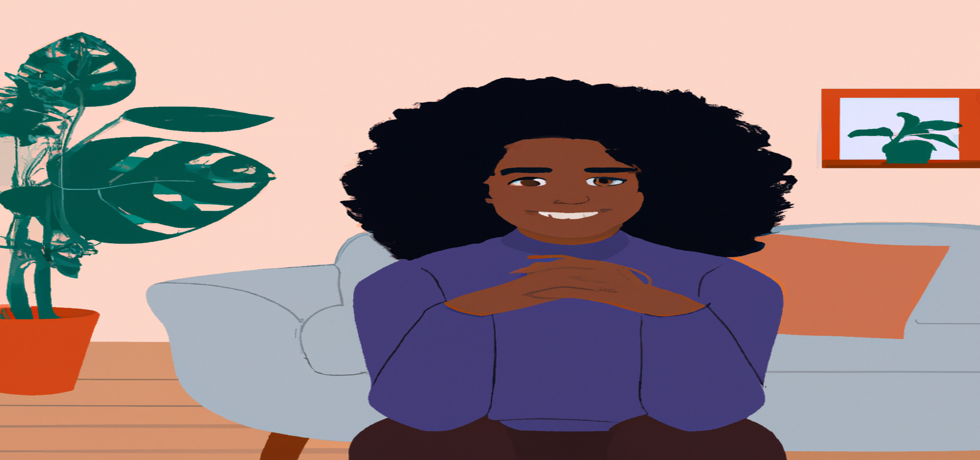Light Sensitivity Chronicles: Inside Photodermatitis Understanding Photodermatitis Have you ever noticed unusual skin reactions like rashes or redness after spending time in the sun? You might be experiencing photodermatitis, a form of light sensitivity that can affect anyone. This blog will take you on a journey through the world of photodermatitis, exploring its causes, symptoms, …
Continue reading “Light Sensitivity Chronicles: Inside Photodermatitis”











